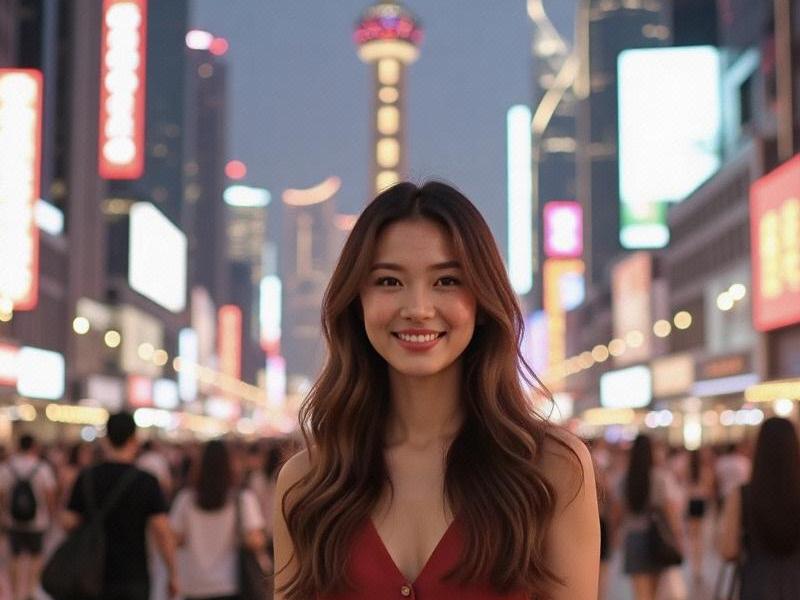This investigative feature explores how Shanghai's entertainment club industry has transformed from traditional KTV venues to sophisticated multi-functional social spaces catering to China's elite business and social circles.

The neon lights of Shanghai's Huangpu District illuminate a discreet entrance on the 58th floor of the IFC Mall, where a new generation of luxury entertainment clubs is redefining nightlife in China's financial capital. Behind the unmarked doors of "Cloud Nine," patrons experience what industry insiders call "the future of high-end entertainment" - a seamless blend of Michelin-star dining, craft cocktail lounges, and sound-engineered private karaoke suites that cater to Shanghai's burgeoning class of young millionaires and international executives.
The Changing Face of Shanghai's Club Scene
Once dominated by traditional KTV (karaoke television) venues, Shanghai's entertainment industry has undergone a remarkable transformation:
- 63% of new clubs opened since 2022 position themselves as "multi-functional lifestyle spaces"
- Average spending per group has increased from ¥2,800 to ¥8,500 since 2020
- 78% of high-end clubs now incorporate Western-style lounge areas alongside Asian-style private rooms
The Business of Entertainment
At the heart of this evolution lies Shanghai's unique business culture. "Entertainment clubs are the boardrooms of China," explains James Liang, general manager of The Pearl Club in Jing'an District. "More deals get closed over baijiu in our VIP rooms than in corporate offices." This business-entertainment fusion has created specialized venues like:
1. The Mandarin Exchange - combines private dining with cryptocurrency trading terminals
2. Silk Road Chambers - features translation-equipped rooms for international negotiations
3. Dragon Capital Club - offers Bloomberg terminals alongside premium liquor service
上海龙凤419体验
The Luxury Experience
Modern clubs emphasize exclusivity and customization:
- Membership fees ranging from ¥100,000 to ¥1,000,000 annually
- AI-powered song recommendation systems in KTV rooms
- Sommeliers specializing in pairing baijiu with business occasions
- Discreet "digital detox" rooms for sensitive conversations
Cultural Hybridization
The new club aesthetic blends Chinese and Western elements:
- Traditional tea ceremonies followed by molecular mixology demonstrations
- Qipao-clad hostesses trained in both Chinese banquet etiquette and Western cocktail service
上海贵族宝贝自荐419 - Interior designs merging Art Deco with Ming Dynasty motifs
Regulatory Challenges
The industry faces ongoing adjustments:
- Stricter ID verification systems to comply with regulations
- Increased focus on food safety and alcohol serving certifications
- Noise pollution controls affecting operating hours
- Anti-corruption campaigns influencing corporate entertainment budgets
Technology Integration
Forward-thinking clubs are implementing:
- Facial recognition for member entry
上海品茶网 - Blockchain-based membership systems
- Augmented reality karaoke interfaces
- Smart climate control adjusting to group dynamics
The Future of Shanghai Nightlife
As the city prepares to host the 2026 World Expo, industry analysts predict:
- Further segmentation between mass-market and ultra-high-end venues
- Growth of "cultural experience" clubs focusing on heritage performances
- Increased partnerships with luxury brands for co-branded spaces
- Development of "green clubs" with sustainability-focused operations
While the golden age of Shanghai's jazz-era nightclubs may be past, today's entertainment clubs represent a new chapter in the city's social history - one where business, culture, and leisure intersect in spaces designed for China's globalized elite. As club owner Vivian Wu remarks, "We're not selling rooms or drinks anymore - we're curating experiences that define Shanghai's position in the world."